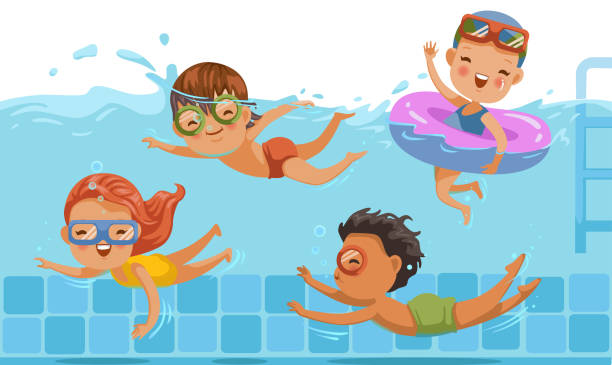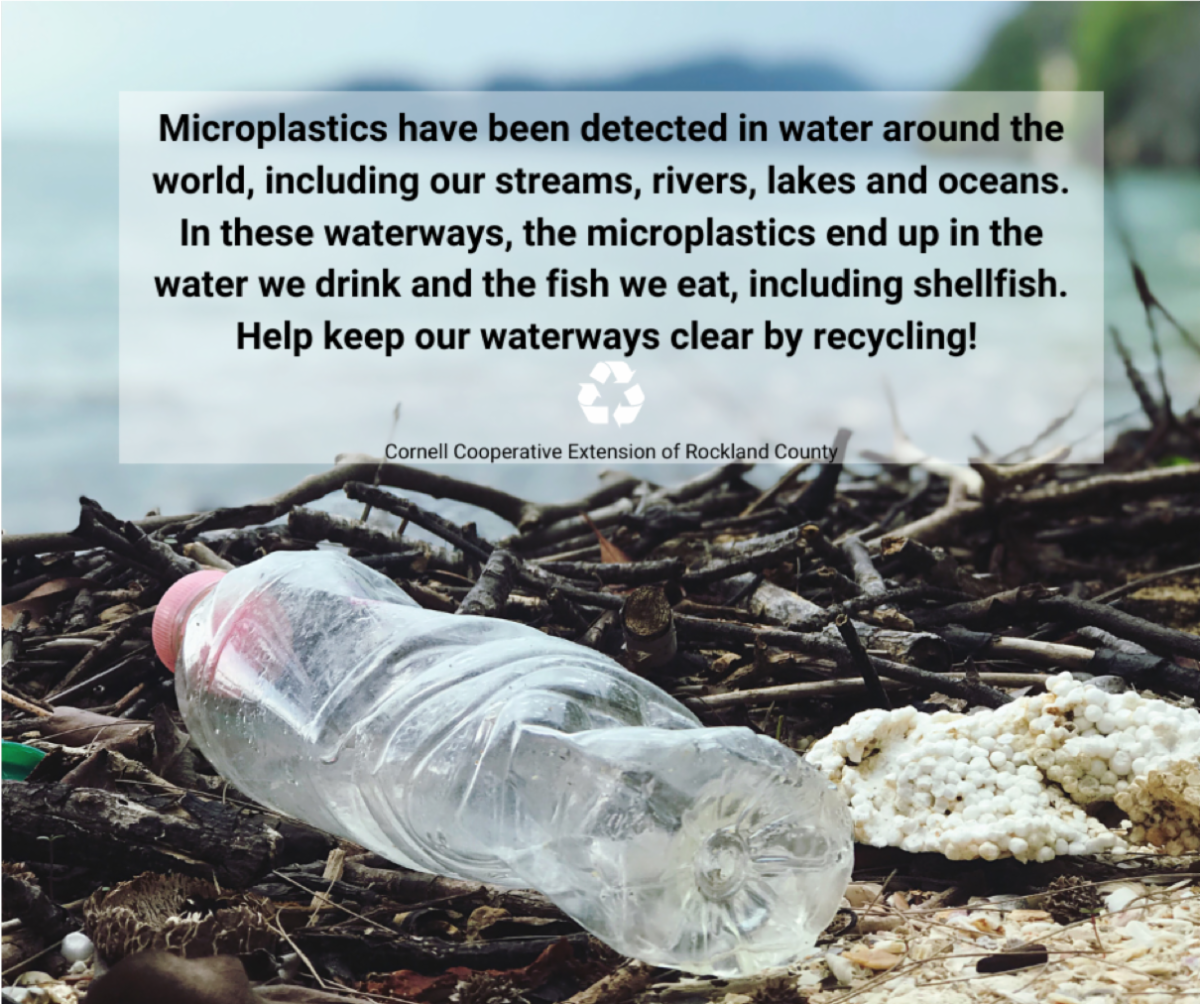Community
Pool Safety Reminders For A Safe And Fun Summer
-



 Police/Fire/EMS1 week ago
Police/Fire/EMS1 week agoAre You Passionate About Serving Your Community And Making A Positive Impact?
-



 Police/Fire/EMS1 week ago
Police/Fire/EMS1 week agoCPD Would Like To Remind Everyone Of The Dangers Of Leaving Children Or Pets In Hot Vehicles
-



 Police/Fire/EMS2 days ago
Police/Fire/EMS2 days agoK9 Remy To Participate In Carnival For Canines Fundraiser At The Hudson Mill In Haverstraw
-



 Community1 week ago
Community1 week agoDo You Have An Interest In History And Would Like To Volunteer? Camp Shanks Museum Wants You!









